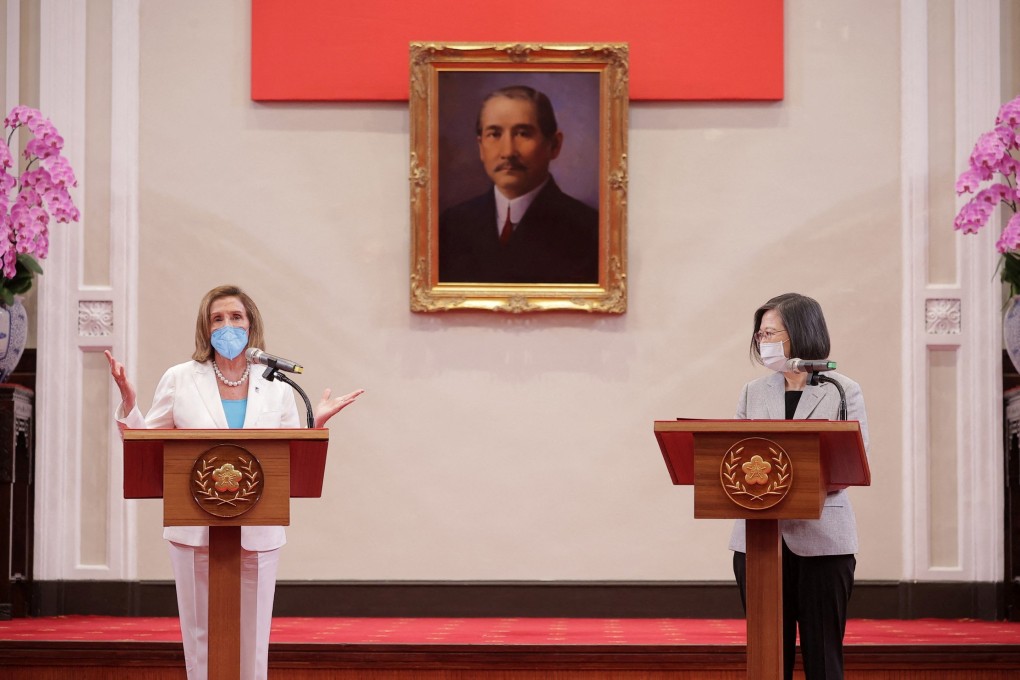Advertisement
Letters | Pelosi’s needless Taiwan visit gives China a chance to flex its muscle
- Readers discuss how little the US House Speaker’s trip will contribute to Taiwanese society, how much it will cost American taxpayers, and why UK politicians should stop with the talk of the China threat
Reading Time:3 minutes
Why you can trust SCMP
2

Feel strongly about these letters, or any other aspects of the news? Share your views by emailing us your Letter to the Editor at [email protected] or filling in this Google form. Submissions should not exceed 400 words, and must include your full name and address, plus a phone number for verification.
Since the 1996 Taiwan Strait crisis, a status quo has for more than 20 years been maintained over cross-strait relations: no excessive provocation from either side, only calculated political decisions. But everything changes when a third party comes into the fold.
That happened on Tuesday night when the US Air Force jet SPAR19 arrived in Taipei carrying Speaker of the House of Representatives Nancy Pelosi.
Advertisement
From Beijing’s perspective, the US respects, or at least claims to respect, the one-China policy. This “one China” the US recognises is the People’s Republic of China, not the Republic of China. In a joint communique in 1979, the US acknowledged that Taiwan is part of China – the People’s Republic of China.
Therefore, a high-ranking public official from a foreign country diplomatically visiting Chinese territory uninvited, a “rogue province” at that, is a monumental departure from the status quo.
Advertisement
Taipei’s perspective on this whole issue is more tricky than it seems. First, the Republic of China still regards itself as the sole and legitimate China. The political will to declare independence is missing, as it would contradict the Republic of China’s own constitution.
Advertisement
Select Voice
Select Speed
1.00x